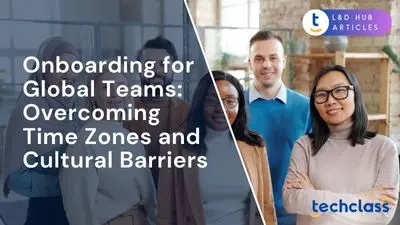Artificial Intelligence (AI) is fundamentally reshaping the hiring landscape. It promises remarkable efficiencies but also brings new risks that companies cannot ignore.
We’ve all been there: you spend hours perfecting your résumé, click submit, and then—silence. It feels like sending your ambitions into a digital void. This frustration is exactly what AI in hiring aims to address.
The sheer volume of job applications today is overwhelming. No human team can realistically manage the flood. AI steps in to bring order to the chaos, handling high-volume, repetitive tasks that would otherwise slow down the process.
This approach—often called smart recruitment—is not about replacing hiring managers. Instead, AI acts as a powerful assistant: screening thousands of résumés, scheduling interviews, and even answering candidate questions around the clock.
Unilever provides a striking example of what AI can achieve in recruitment:
In short, the process became faster, fairer, and more cost-effective—all while engaging every candidate more personally.
Yet, with these advantages comes a clear warning. The pursuit of efficiency can strip away the human touch from a deeply human process.
Experts recommend a four-step strategy for balancing AI’s benefits with its risks:
The ultimate goal is not to replace human judgment but to augment it. AI should handle the data-heavy tasks, while recruiters focus on relationships, cultural fit, and nuanced decision-making.
The future of recruitment is not a contest between people and technology but a collaboration. AI can process large volumes of information consistently and efficiently, while human recruiters bring empathy, intuition, and cultural insight—qualities no algorithm can replicate.
This balance is critical. More than half of candidates say they would decline even a great job offer if the recruiting experience was negative. Delivering a thoughtful, human-centered process is no longer optional—it’s essential.
AI is not here to automate the humanity out of hiring. Rather, it offers us the chance to focus more deeply on what makes us human—connection, empathy, and understanding.
So here’s a question to leave you with: As algorithms get better at reading résumés and analyzing data, what is the one human skill in hiring that can never be automated?


